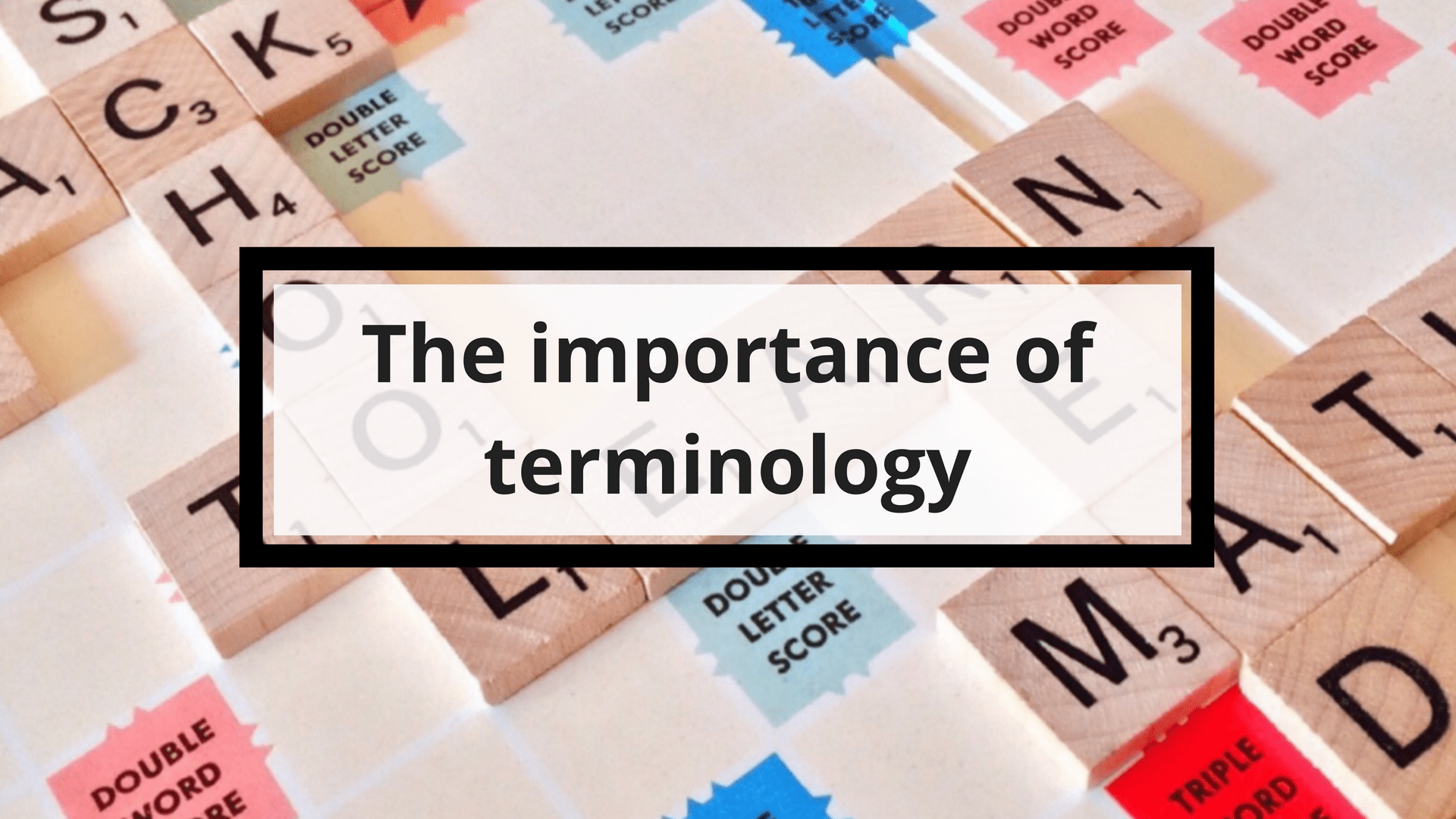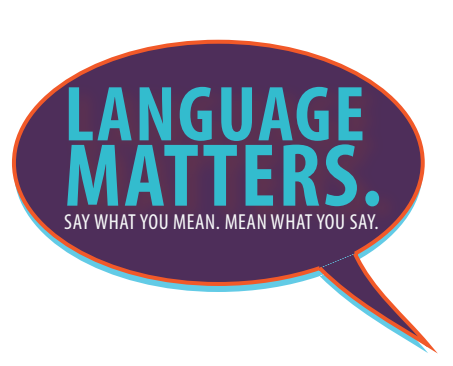This presentation that was held in the 5th of November at the SDL Trados Virtual Conference starts with explaining the meaning of the word ‘concept’ and the word ‘term’ in the terminology field for us to have a better approach on what those words are and how important they are to this subject matter. Afterwards, the host, Tom Imhof, presented the definitions for the concept of ‘terminology’ and what are ‘terminology science’ and ‘terminology databases’ and also some definitions that are very useful, such as for the ‘synonyms’, or the ‘homophones’, etc.
What really caught my eye on this presentation was the meaning of the semiotic triangle that is the relationship between the thing, term and sign that is different for almost everybody, or can be similar to people growing up in similar environments.
The host also made a distinction between the terms that appear in a dictionary, in a glossary or in a database. He then talked about the terms that are stored in a database and how the terms that are stored there are on a 3-layer data model: first we have the entry-level, which comprises all metadata relevant to the whole concept and of course the entry number, the second is the language level where we can find the individual languages and the definitions of terms and the third one is the term level in which there are presented the metadata relevant to the term, such as the source, the usage, the grammatical information, term type, concept, etc.
This was important and precious information that I hadn’t studied about before in such a deeply examined way, so it was useful and helpful for every translator, because terminology is crucial for professionals, in order to be prepared anytime with the best term and it is also a time-saver. I learnt as well about the practical use of a terminology database that can be very effective and helps translators by facilitating their researches and conferring a smoother translation and a more specialized one.
During the last part of the presentation, there were two sayings that were quite nice and I’ve kept them in mind. The first one was “The most expensive terminology work is that which is not done!” and the second one is “Terminology costs are often hidden project costs!” All in all, the presentation was really helpful and nicely done and I would recommend it to all the beginners that want to become actual translators in a specialized field and are in search of some practical advice about the terminology aspect of the translation.







Leave A Comment